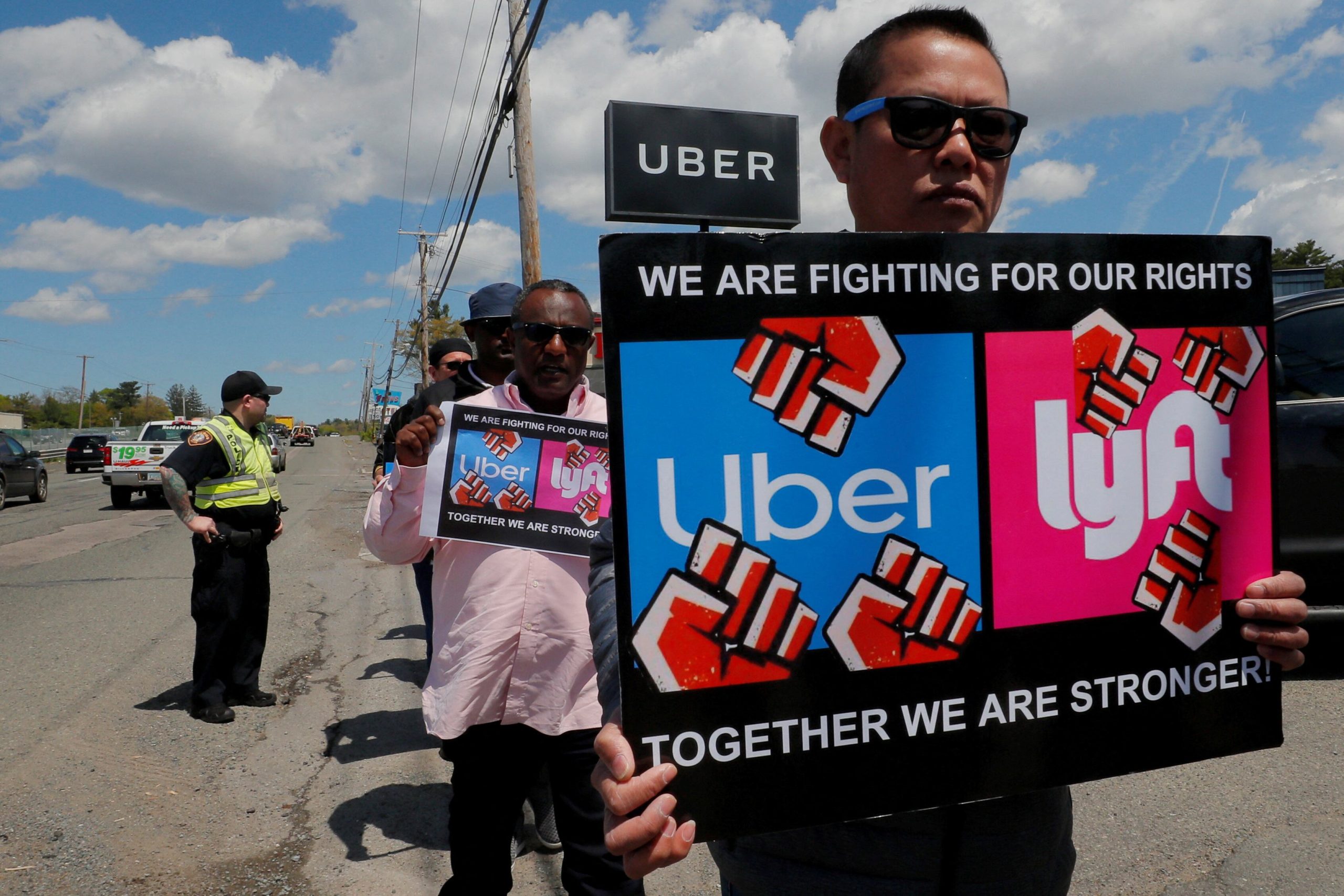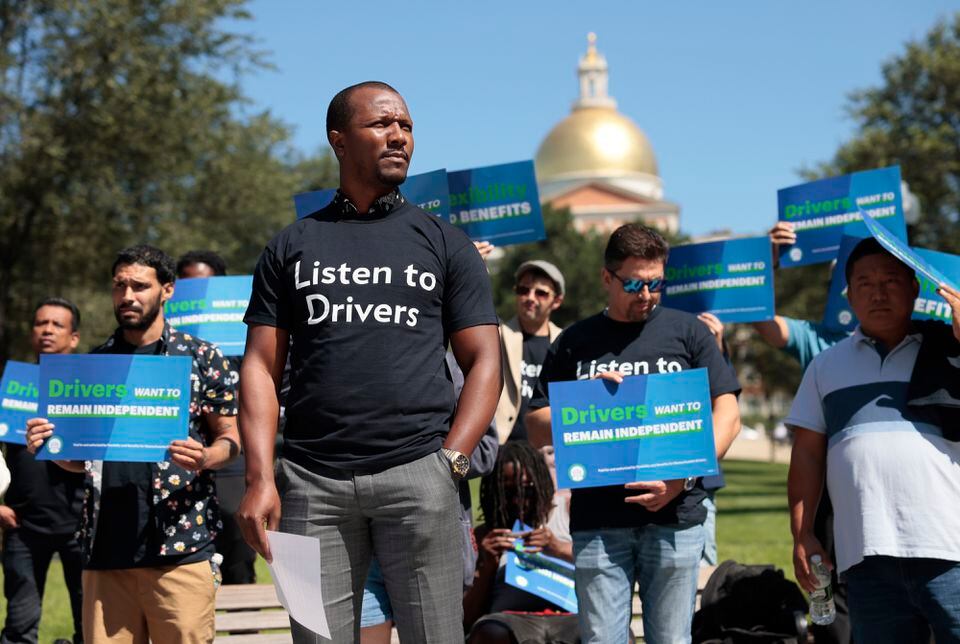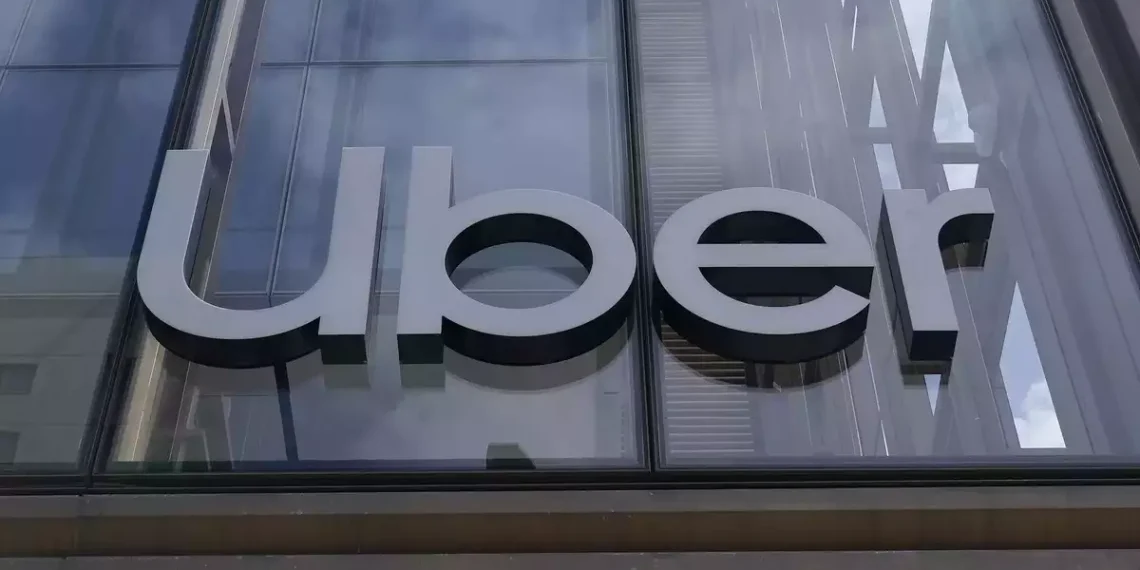Massachusetts has become the latest battleground in the ongoing debate over whether ride-share drivers for companies like Uber and Lyft should be classified as independent contractors or employees.
The state’s top court is scheduled to hear arguments on Monday regarding two competing ballot measures that could redefine the relationship between app-based drivers and these companies.
One proposal, backed by the industry, would recognize app-based drivers as independent contractors, providing them with certain benefits while clarifying that they are not employees.

On the other hand, a labor-backed proposal would allow drivers to unionize, potentially altering the dynamics of their relationship with the companies.
Uber and Lyft are also facing a civil lawsuit filed by the state of Massachusetts, which accuses them of misclassifying their drivers as contractors to avoid providing benefits such as minimum wage, overtime pay, and sick leave.
A ruling against the companies could lead to significant changes in their business models, potentially forcing them to scale back or cease operations in the state.
The outcome of these legal battles in Massachusetts could have broader implications, potentially emboldening similar challenges in other states.
The flexibility of gig work and the control exerted by companies over working conditions are central issues in the debate.

While the companies argue that drivers prefer the flexibility of independent contracting, critics contend that they should be treated as employees due to the level of control exerted by the companies.
Moreover, classifying drivers as employees could significantly increase costs for Uber and Lyft, as they would be required to provide additional benefits.
According to reports, over a 10-year period, the companies avoided substantial costs by classifying their drivers as independent contractors.





